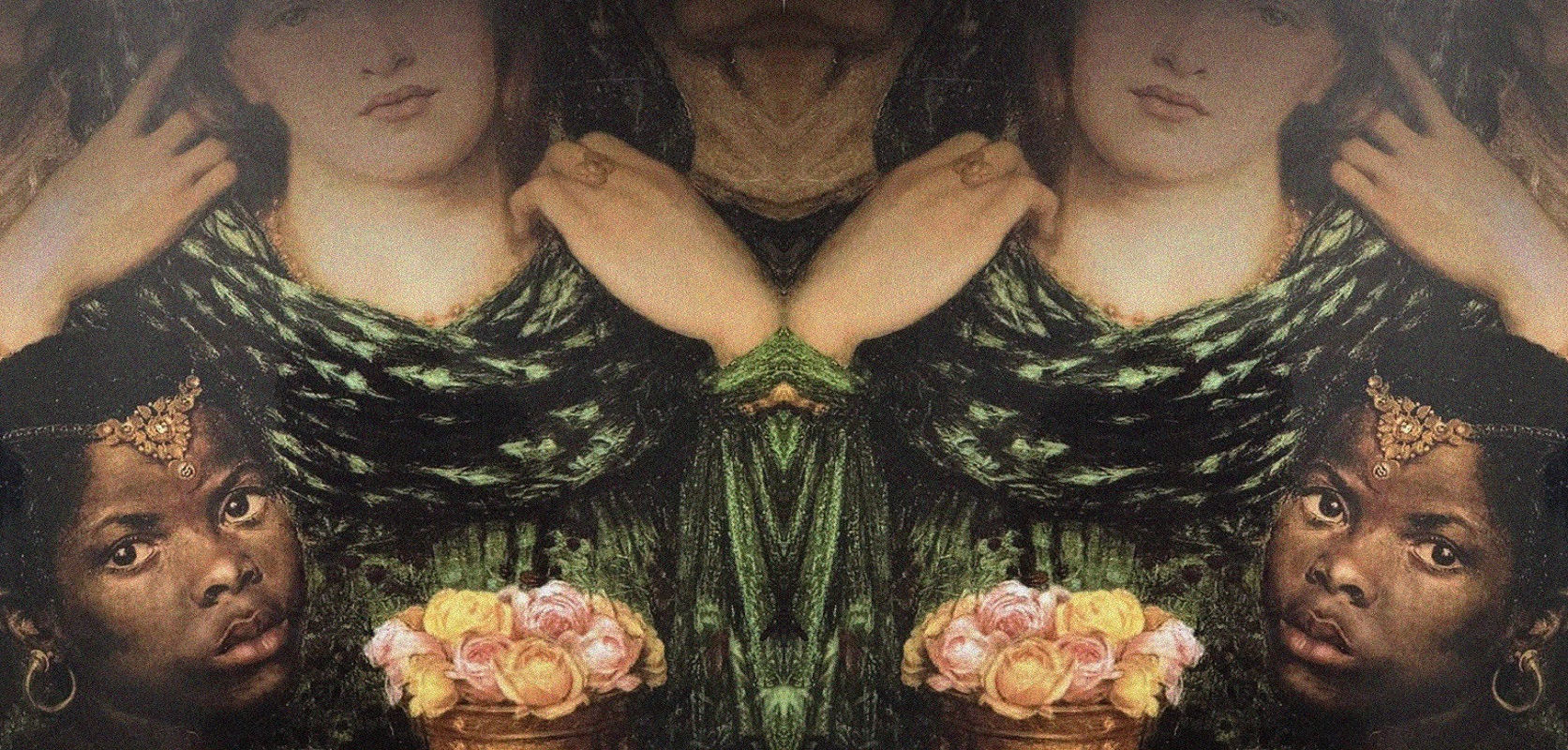
CAPSULE REVIEW
Discourse on Colonialism by Aimé Césaire
Reviewed by Earth Preservation Project
January 9, 2025
Discourse on Colonialism published in 1955 by Aimé Césaire serves as a powerful critique of colonialism’s brutal realities, unmasking its false narrative as a ‘civilizing’ mission. Frantz Fanon's mentor, Césaire, dismantles the colonizers’ hypocritical claims of progress and enlightenment, exposing colonialism as an act of ‘thingification’ that dehumanizes the colonized, turning them into objects for capitalist exploitation. Césaire declares that “between colonization and civilization there is an infinite difference," asserting that colonization has never produced “a single human value.” Instead, it brutalizes both the colonized and the colonizer. By unleashing violence and savagery, colonialism drags the colonizer into a moral abyss, contributing to “the degradation of Europe itself.” He also explicitly ties Nazism to Europe’s colonial history, arguing that Europeans tolerated and even enabled Hitlerism because its atrocities mirrored crimes long committed against people of color. The problem arose only when those horrors targeted Europeans. The work is both a critique as well as a poetic call to imagine a liberated future. It urges us as readers to reject the romanticized illusion of colonialism and imagine a future rooted in reclaiming native cultures, kinship, and collective humanity. 
